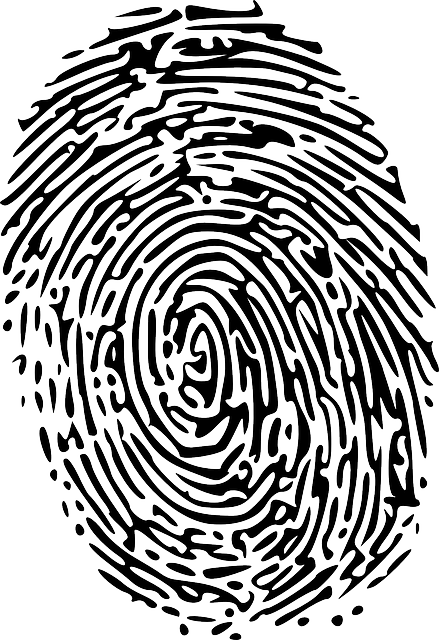A criminal defense lawyer can use police fingerprinting to establish if a person is guilty of a crime. This process is also sometimes used by fingerprint examiners who are hired by law enforcement agencies to collect DNA samples from crime scenes. The outcomes from this process can help the defense to show innocence. In some cases, the sample from the crime scene will probably be too broken and irregular to use to positively identify a person as being guilty of the crime.
When collecting a DNA sample from a crime scene or by a suspect, crime scene investigators (CSI’s) gather biological materials such as saliva, blood, and hair samples in the scene. These biological materials are then sent to a local crime laboratory for analysis. When the local police crime laboratory gets the samples, they will process them to make a DNA profile.
Crime scene investigators normally don’t have the luxury of knowing if the accumulated prints from a crime scene are scientifically accurate. Crime scene technicians accumulate and assess these prints, which are subsequently stored at the CSI lab. However, sometimes these laboratory-processed prints cannot positively identify a person. There are times when someone is in custody and their prints are analyzed by CSI technicians. Unfortunately, not all prints can be successfully ID’erectile dysfunction.
An area police department will typically send its own employees into the crime scene to collect some possible fingerprint evidence. The local police department will collect some probable prints from the crime scene and some other signs which might be able to ascertain the identity of the individual. These police officers are referred to as”faulds”. Faulds are usually on duty for long amounts of time, and there is frequently a great deal of paperwork that must be done for each fingerprint that is processed.
Police officers don’t have unlimited access to the crime scene. Because of constraints on their time, in addition to legal limitations, the regional police are restricted in what they can and cannot do. If a suspect is detained for a fingerprint match after leaving the crime scene, it is very important that the local police to submit the right documentation to the Federal Bureau of Investigation. The FIS maintains a database known as the National Crime Information Center (NCIN), which will be the point where the fingerprint from the national crime database is entered. Once entered, the fingerprints have been run through the machine and compared to the samples submitted from the local police.
When the FIS receives the fingerprints from the policethey also check them to be sure they are in agreement with the samples submitted. Moreover, the FIS performs a comparison with a national database known as the EAFIS. The EAFIS is conducted by the Federal Bureau of Alcohol, Tobacco, Firearms and Explosives (ATF) and is accessed regularly. Consistent games are decided if there are more than two people with the identical name, address, or sort of fingerprinting print. Once a fingerprint match was established, a single fingerprint record is created.
There are a range of advantages of performing fingerprinting. Not only is it incredibly convenient and fast, but in addition, it provides outstanding accuracy. Fingerprinting can be performed fast, without comprehensive processing, and generally within just a few minutes. This is important when dealing with sensitive information or signs which needs precision. Additionally, fingerprinting is an efficient means to match similar prints, instead of relying upon individual characteristics of each individual. For example, when collecting identification cards, business cards, or any other items which contain similar printing patterns, it is frequently easy to fit a single fingerprint into the merchandise.
Although most police departments perform fingerprinting in house, the advantages of having with a nationwide, crime-fighting business like the FIS are clear. Through the experienced and highly trained professionals at the FIS, police departments around the country have the ability to acquire the most precise and comprehensive criminal history data available. In the end, this means the officers have the very up-to-date and comprehensive way of investigating crimes.

